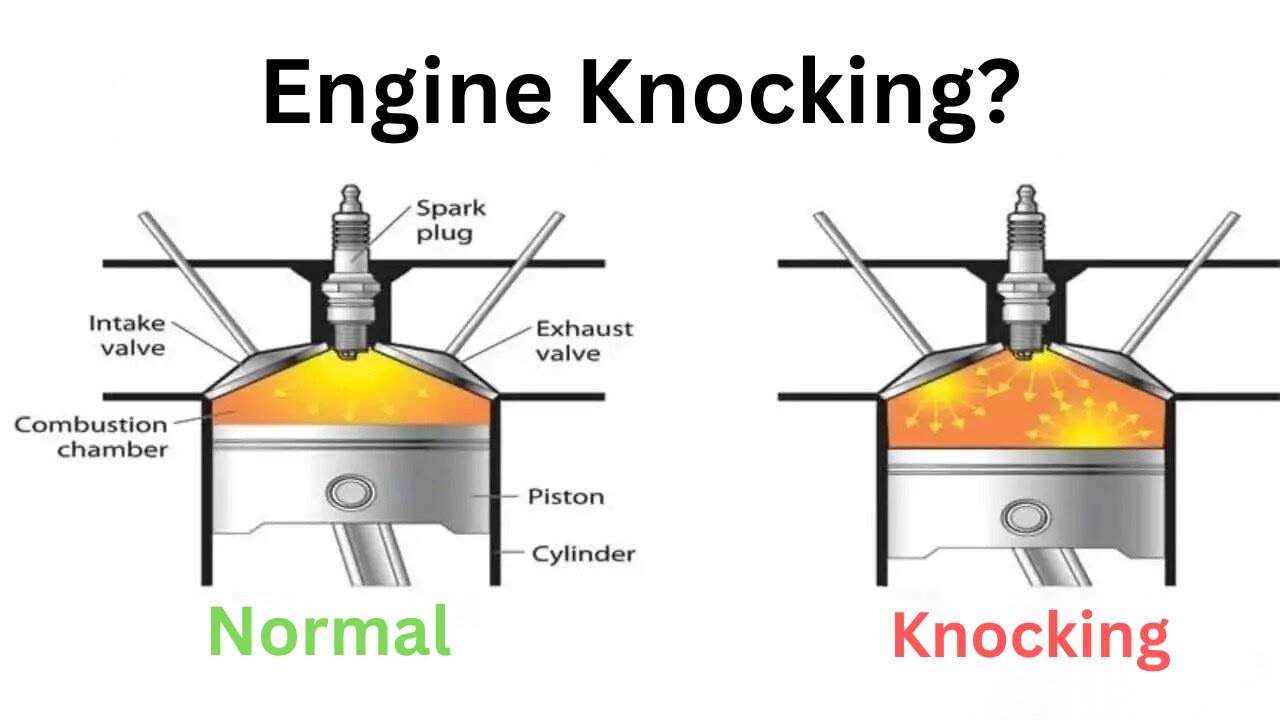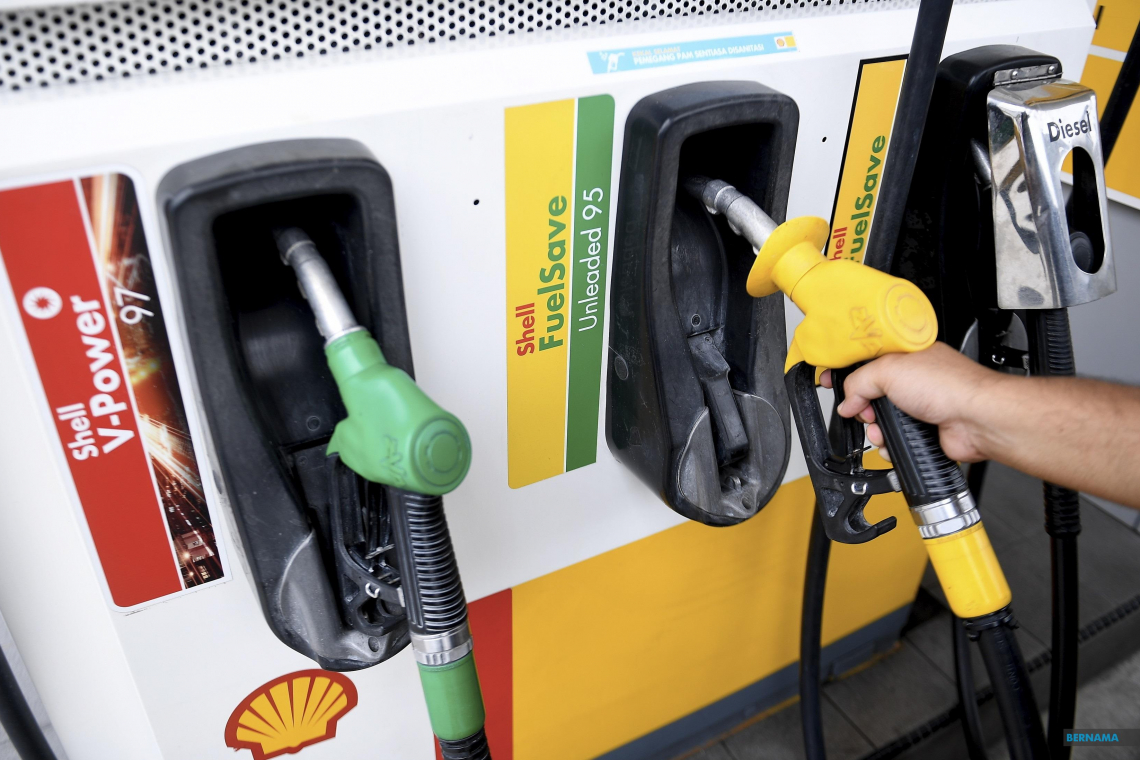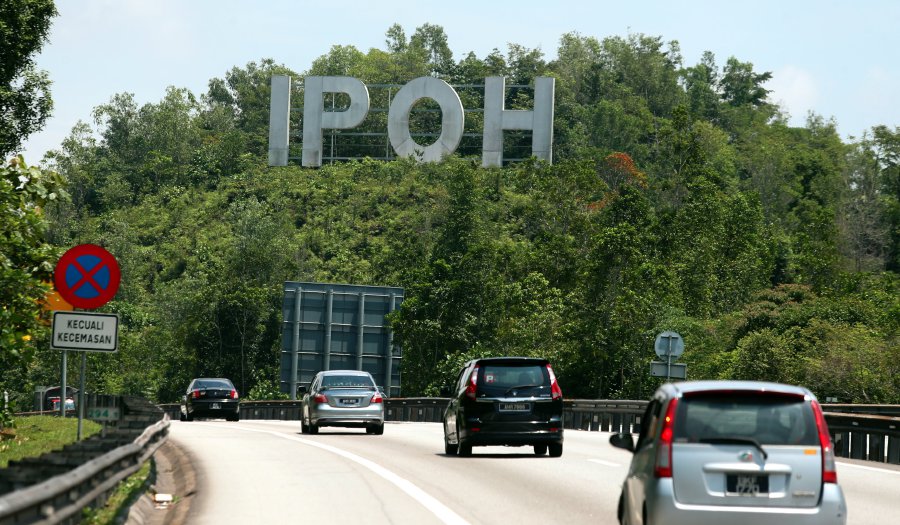RON95 vs RON97, What's The Difference? Here's All You Need To Know
Green pump? Yellow pump? What is the difference between these two?
It's safe to say that all petrol stations in Malaysia offer two types of petrol for your car: RON95 and RON97
RON, also known as Research Octane Number, is a classification of petrol sold on the market. Besides the price, are you aware of the difference between these two types of petrol, and how they can affect your car?
Here's a handy guide to help you understand the differences between RON 95 and RON97.
Before delving into the differences between the two types of petrol, you must understand the term 'knocking'
Knocking in your engine occurs when the fuel burns unevenly. Ideally, with the right mix of air and fuel, cylinders should burn the mixture in a controlled and smooth manner, creating a controlled explosion in each cylinder after each combustion. In layman's term, the 'timing' of the engine is correct.
Engine knock occurs when these explosions happen irregularly, with more than one occurring at the same time. This issue could be attributed to a worn spark plug, or high compression engines being fed the wrong fuel.
High compression engines are commonly found in high performance cars. Due to the nature of air compression, a high compression engine may run hotter than the combustion point of vapourised petrol, leading to auto-ignition without the spark plug's ingnition. In simpler terms, this means the engine is 'out of its timing', and hence, 'knocking' occurs.
Naturally, knocking is detrimental to your engine, and over time, it can damage your cylinder heads or, even worse, cause harm to your engine block.
How do RON95 and RON97 relate to engine knocking?
The RON reflects the ease with which engine fuel ignites at low speeds and temperatures. It is designed to replicate fuel behaviour during idling and acceleration. A higher RON rating indicates the fuel's capacity to withstand greater compression in a spark-ignition engine before ignition takes place.
In other words, a higher RON number means the fuel can withstand greater compression compared to a lower RON number.
This also means that a higher RON number will be less prone to inducing knocking compared to lower RON fuels. In more powerful cars with higher compression, RON97 will deliver more power as it allows for proper compression.
So, what should I use for my car?
Having said that, it doesn't mean that RON97 petrol will provide a Perodua Axia or a Proton Wira with additional power. However, in a powerful sports car like a BMW M5 or a Honda Civic Type-R, using RON95 petrol might hinder the ability to achieve maximum power, or worse, it may lead to knocking.
The simplest method to know which kind of petrol you should pump is by referring your car's manual or the sticker behind your fuel cap. Your car's manual will indicate which type of petrol the engine is happy to run on, whether is RON95, RON97, or the rarer, more expensive RON100.
Will RON97 provide more mileage?
In terms of mileage, the disparity between RON95 an RON97 is minimal. According to research by a reputable source, the difference is marginal.
While you might achieve slightly better mileage with a high-performance engine, the difference is too negligible to justify spending significantly more. If you drive a typical family sedan, it's not worth splurging on premium fuel.
Can you mix RON95 and RON97 together?
Nowadays, vehicles are equipped with sophisticated technology capable of controlling the combustion process irrespective of the type of fuel used.
It's entirely safe to mix RON95 and RON97 petrol, as long as they meet or surpass the minimum requirements specified by your engine manufacturer. Similarly, mixing various brands of petrol won't cause harm to your car since most major fuels have similar compositions.
So, those are the major differences between RON95 and RON97
For us daily drivers, there is no problem fuelling up with RON95. The more premium RON97 is only needed if you drive a performance-oriented car.
As of the time of writing, RON95 is priced at RM2.05 per litre while the RON97 is priced at RM3.47 per litre. Despite its benefits for certain cars, it may not make sense to refuel your family sedan with RON97 from a financial standpoint.





